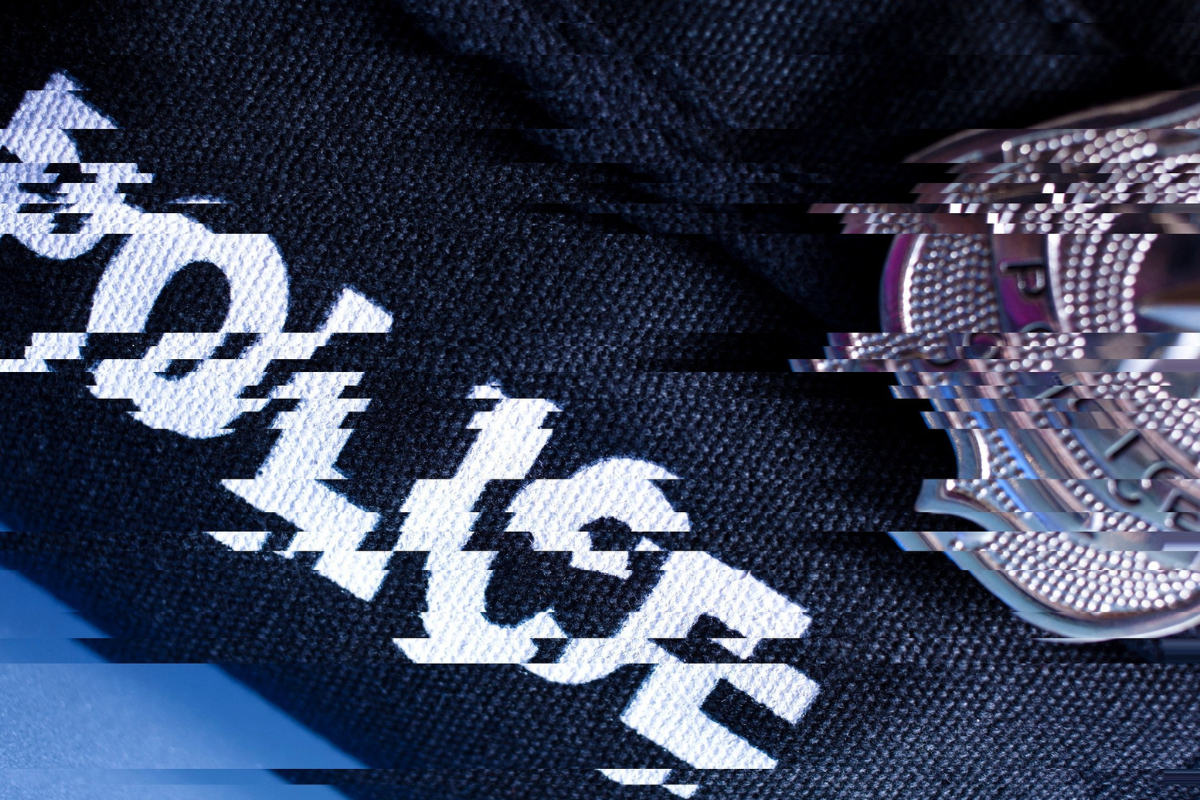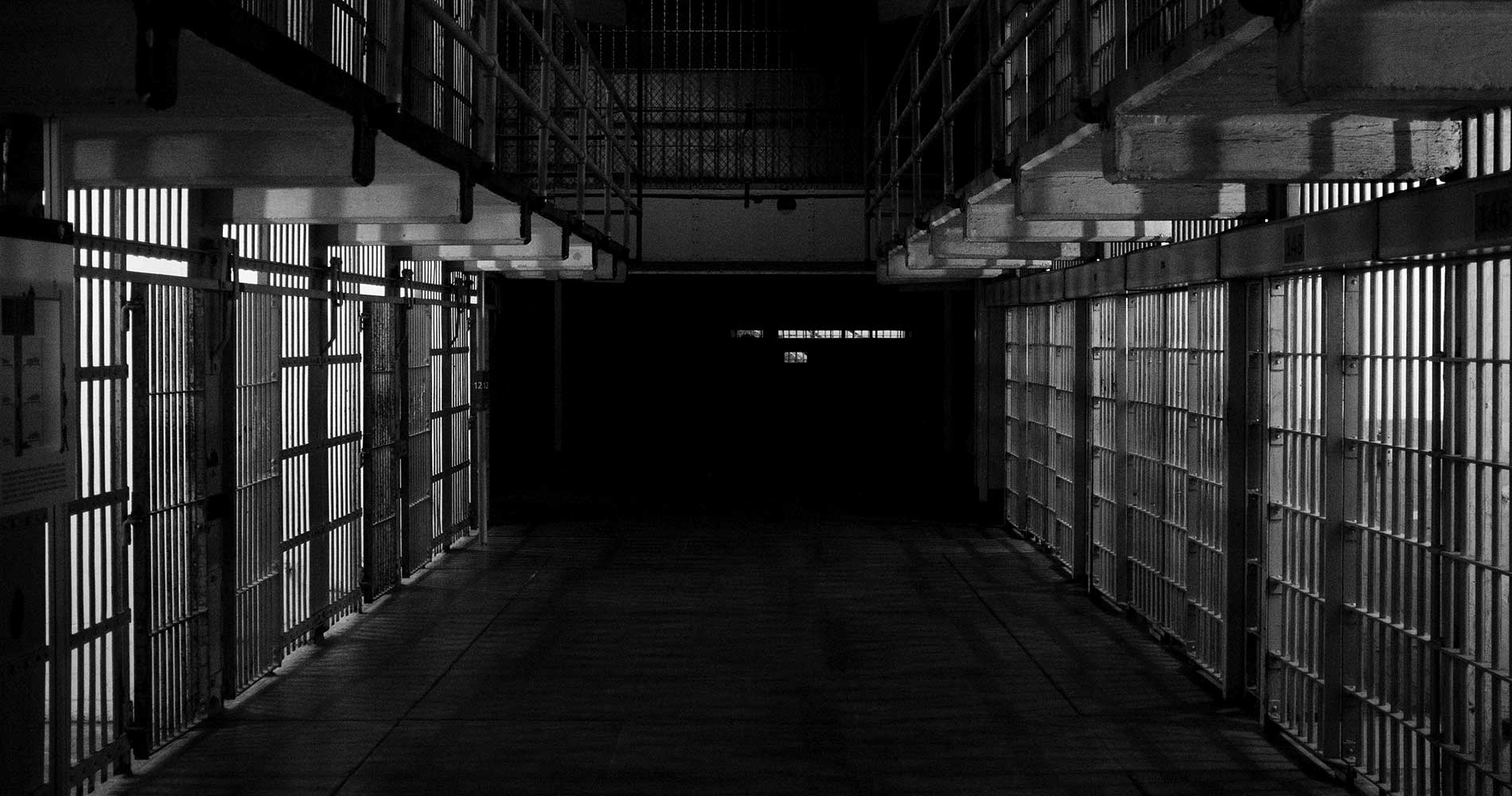Law & Legal Issues
Our publications are available to all at no cost. Please support the CCPA and help make important research and ideas available to everyone. Make a donation today.
-

Realizing transformational change in the Winnipeg Police Service
A written submissions to inform the development of the Winnipeg Police Service’s 2026-2030 Strategic Plan.
-

“Getting tough”: A social history of street gangs in Winnipeg
A look at the historical and social context in which Winnipeg street gangs emerged and why “get tough” approaches only work to make the problem…
-

Let the sentence fit the crime, not the criminal
Previously published in the Winnipeg Free Press September 11
-

The Praxis Affair
This is a cautionary story of what might happen if we return to the bad old days of the RCMP Security Service, which was caught…
-

Canada needs to strengthen the “cultural exemption” in its free trade agreements:
When Canada negotiated with the U.S. for the Canada-U.S. Free Trade Agreement (CUSFTA), Canada insisted on a cultural exemption—language in the agreement which allowed Canada…
-

BC Issues: Cuts to Legal Aid
Read the news release here.
-

Manitoba Government Cuts Undermine Safety and Justice
As the Winnipeg Free Press reported on June 27, 2023, the Manitoba government has recently earmarked $3.4 million to add 19 Crown prosecutors and six…
-

Why Don’t We Just Care?
Previously published in the Winnipeg Free Press March 30, 2023 In “A Tale of Two Sentences” (March 18, 2023 Winnipeg Free Press) Dean Pritchard reports…
-

The Monitor, May/June 2022
Hatred unmasked: Tracking the rise of right-wing extremism in Canada Download 4.99 MB Issue highlights: The wellness-to-white-supremacy pipeline is alive and well. Stacy Lee Kong’s examines…
-

The Monitor, July/August 2021
Media Democracy and Combatting Misinformation Download 2.9 MB “Canada is no stranger to dynastic ownership of its media companies,” writes Robin Shaban in her feature…
-

Trade Agreements Like NAFTA Are a Menace to Democracy
On his first day in office, US president Joe Biden revoked the permit for the controversial Keystone XL (KXL) pipeline. The partially built project was…
-

Challenging Racist British Columbia booklet weaves together history and present day anti-racist work during province’s 150th year
VANCOUVER — The 150th anniversary of British Columbia joining Canada arrives at a time when people and institutions are being asked to reckon with the…
Updates from the CCPA
Read the latest research, analysis and commentary on issues that matter to you.
CCPA Updates